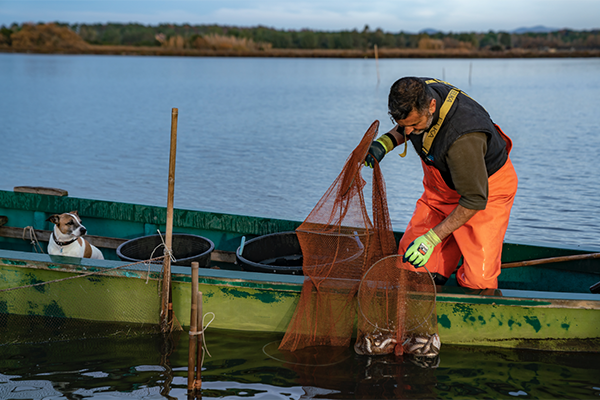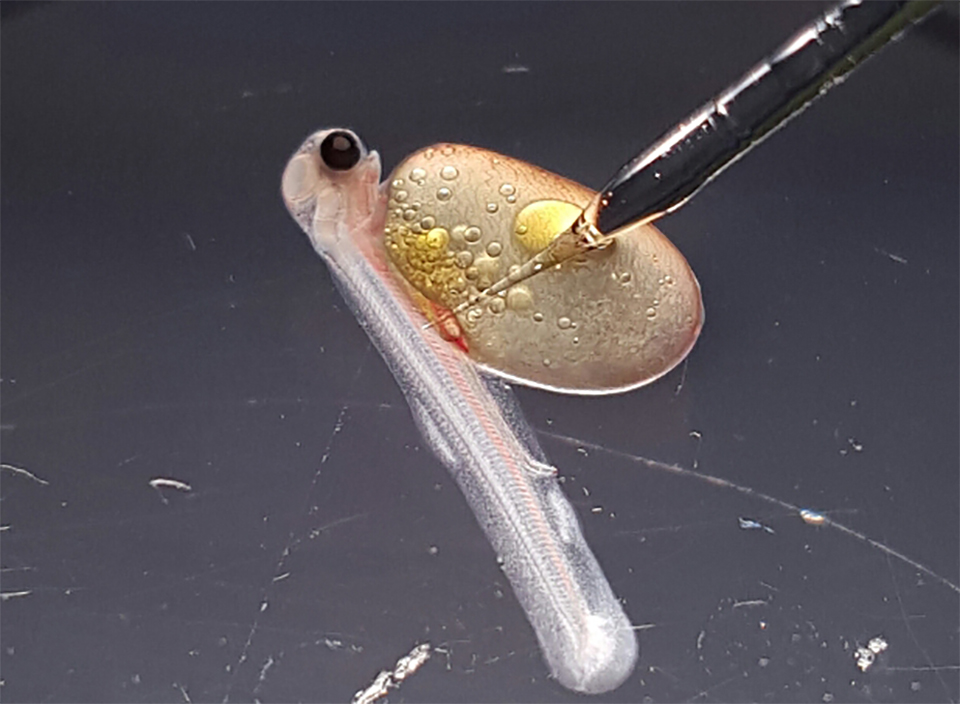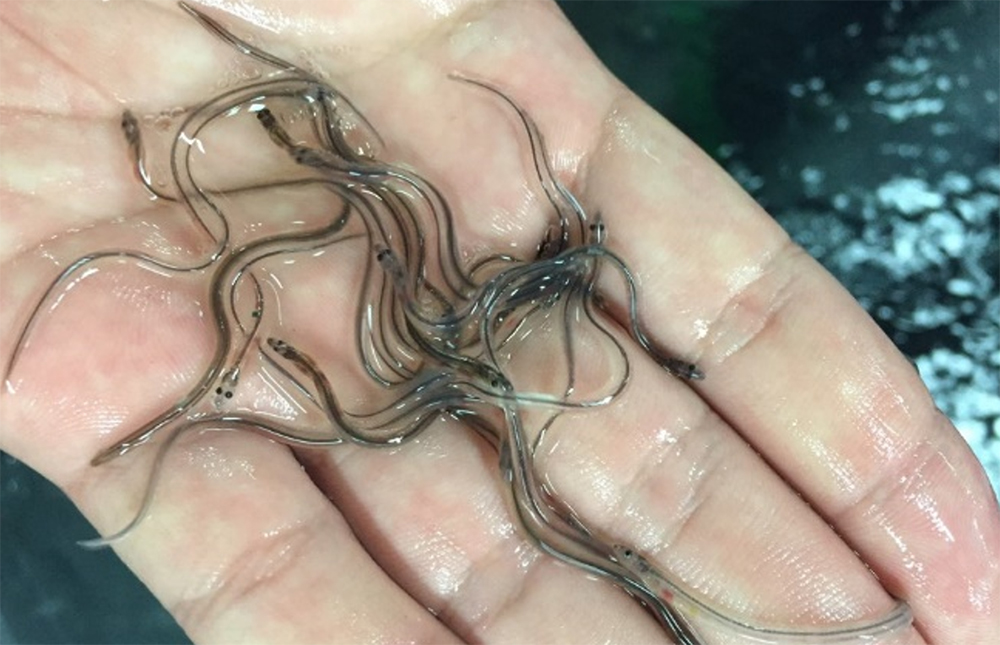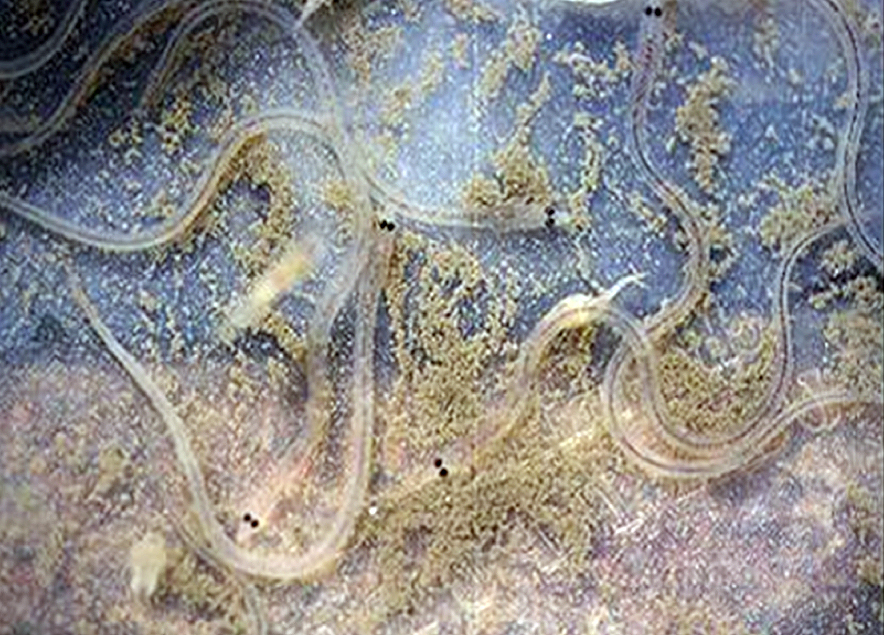A coordinated management plan aims to promote the recovery of Mediterranean eels

The future of the iconic and coveted European eel (Anguilla anguilla), a mainstay of Mediterranean cuisine could look brighter if a new coordinated plan to conserve the species, including partial commercial fishery closures and a complete ban on recreational eel fishing, is successful.
The General Fisheries Commission for the Mediterranean (GFCM) of the Food and Agriculture Organization of the United Nations (FAO) hopes that a monitoring network can identify effective management measures to improve eel populations.
Eels are a critically endangered species that FAO says faces threats like climate change, habitat loss, pollution and overfishing along their migration routes, which originate in the Sargasso Sea and end in river systems in the Mediterranean region and in northern Europe. In 2020, the migration of young European eel to freshwater habitats reached an all-time low, FAO reports.
“The European eel, the habitats that host its different life stages and the livelihoods it sustains require action and protection on all fronts: biological, environmental, socioeconomic,” said Elisabetta Betulla Morello, one of the editors of the report and a GFCM officer. “Cooperation is essential for identifying and implementing adequate measures, not only to manage fisheries but also to protect the environment and the socioeconomic setting revolving around this species.”
In its report, GFCM provides a detailed overview of eel fisheries, habitats and the biological and ecological features of various stocks. The report, which offers a comprehensive look at the current management and conservation measures and performs a model-based appraisal of the core measures, identified lagoons as a crucial habitat for eels in the region. Lagoons, however, face challenges like climate change, fishing pressure and pollution.
In 2022, the GFCM adopted a multiannual management plan for Mediterranean eels, including a partial closure of eel fisheries for six months each year and a total, permanent ban on recreational fishing of European eel at all stages – glass eel, yellow eel and silver eel, and in all habitats – freshwater, brackish and marine.
A socio-economic study forms part of the research program’s next phase, which will also expand the existing habitat databases and collect information to appraise management measures.
Now that you've reached the end of the article ...
… please consider supporting GSA’s mission to advance responsible seafood practices through education, advocacy and third-party assurances. The Advocate aims to document the evolution of responsible seafood practices and share the expansive knowledge of our vast network of contributors.
By becoming a Global Seafood Alliance member, you’re ensuring that all of the pre-competitive work we do through member benefits, resources and events can continue. Individual membership costs just $50 a year.
Not a GSA member? Join us.
Author
-
Responsible Seafood Advocate
[103,114,111,46,100,111,111,102,97,101,115,108,97,98,111,108,103,64,114,111,116,105,100,101]
Tagged With
Related Posts

Innovation & Investment
American Unagi brings eel farming back ‘home’
Sara Rademaker launched American Unagi to shift eel farming to American soil, where the eels are from. Why? Because of the novelty, and because she saw an opportunity to do things better.

Responsibility
In Japan, aquaculture is deployed in the defense of endangered species
Tokyo University researchers have learned to spawn fish from germline stem cells in vitro, a method that can be deployed to help endangered species.

Health & Welfare
Japanese eels: Progress in breeding and nutrition
The Japanese eel (Anguilla japonica) is cultured in ponds in Japan, China, the Republic of Korea and other countries. Ongoing research is addressing knowledge gaps in the domestication, controlled breeding and nutritional requirements of the species.

Health & Welfare
Japanese eel aquaculture in Korea
After a decade of research, Korea has produced individual glass eels for Japanese eel aquaculture. Despite dependence upon the wild seed, Japanese eel aquaculture production has been growing significantly and comprises over 27 percent of Korea’s freshwater aquaculture.



